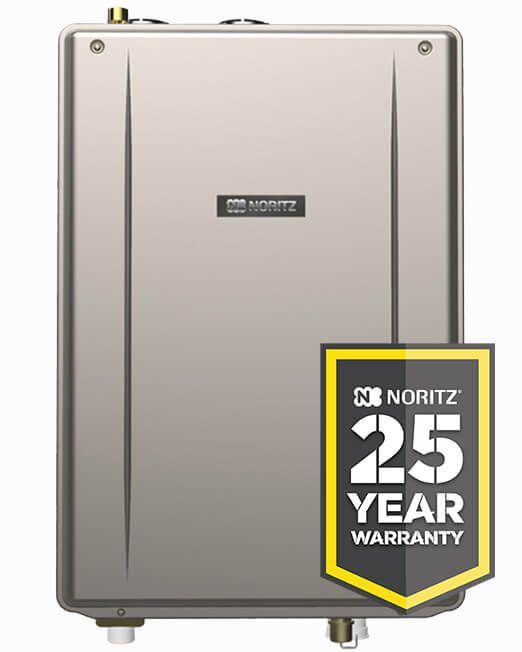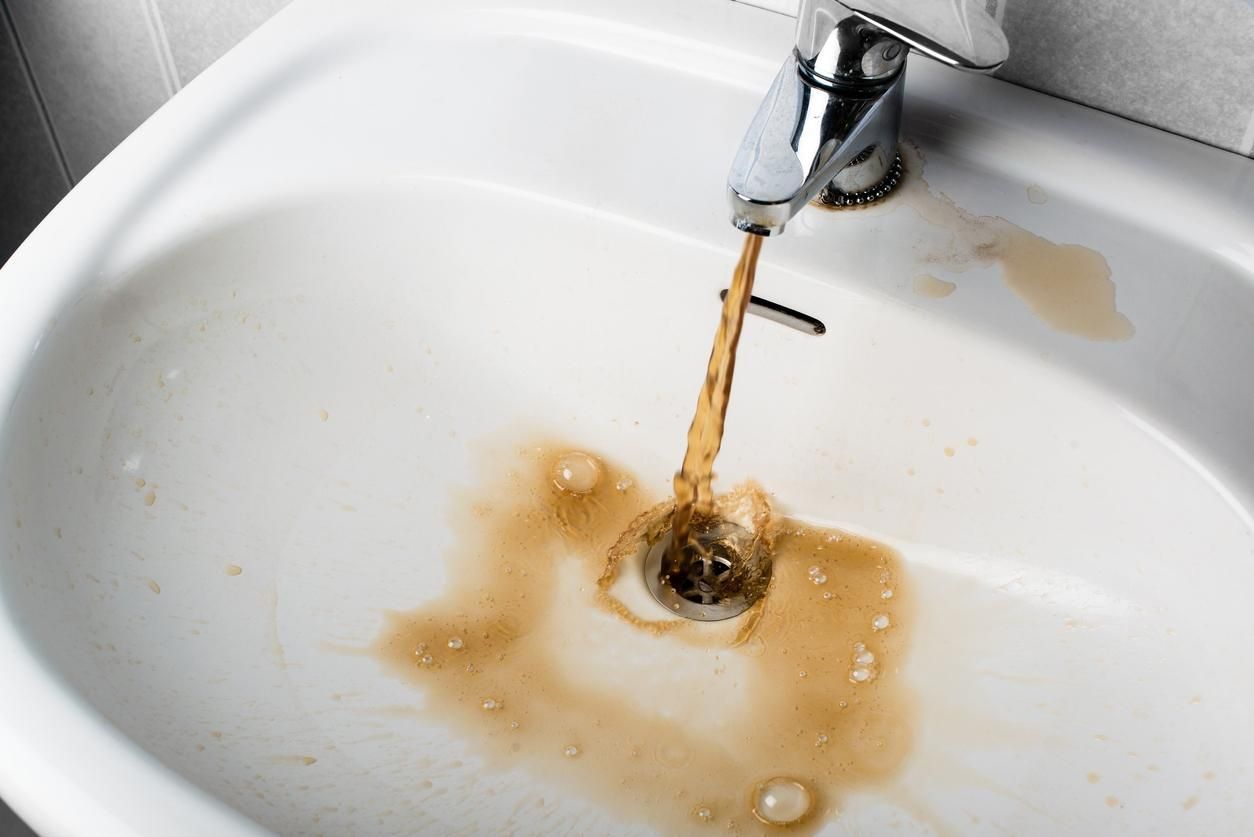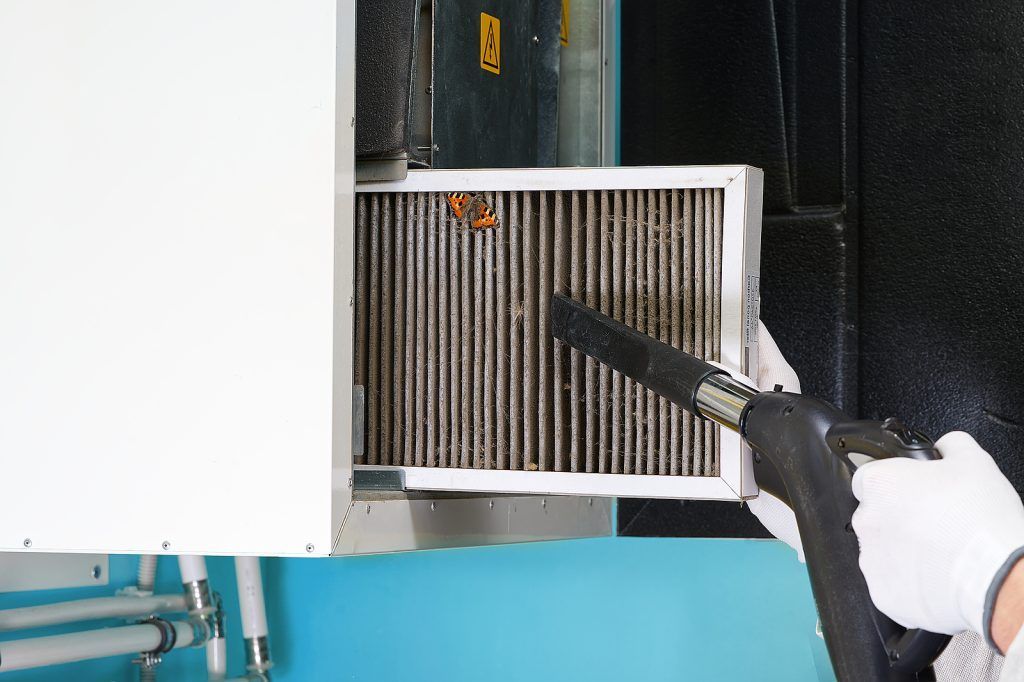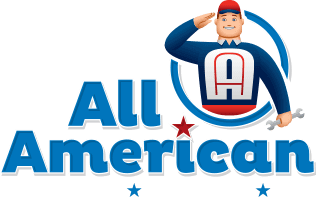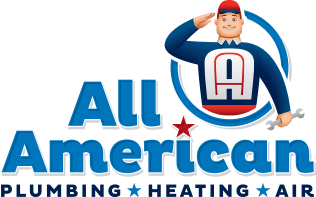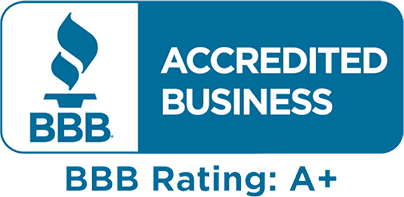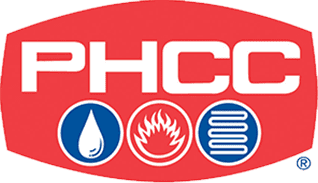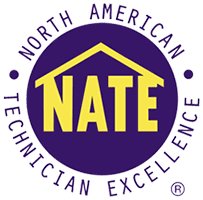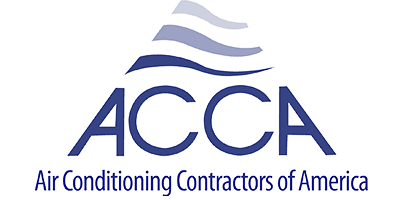Common Sources Of Sewer Line Clogs
SHARE THIS POST
The job of your sewer line is to safely transport wastewater away from your home. Because all of the plumbing fixtures in your home are connected to it, the sewer line faces a lot of wear and tear. Over time, it’s not uncommon for clogs to form in the line. Due to clogs, your sewer line may require professional repair or replacement.
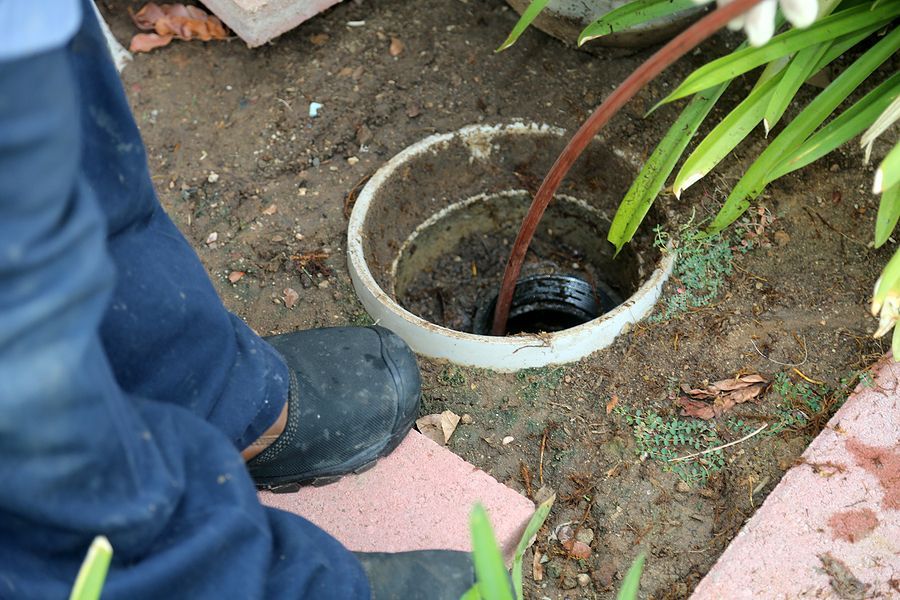
If you’re looking for a reliable plumbing company to help you with your sewer line, look no further than our team at ALL AMERICAN PLUMBING, HEATING & AIR. We’ve been helping homeowners with their plumbing needs for over 20 years.
When your sewer line becomes clogged, it can cause all sorts of problems. While some of the most common sources of sewer line clogs are unavoidable, others can be prevented with a little bit of knowledge and effort. To help you keep your sewer line in top condition, here are five common sources of SEWER LINE CLOGS:
Pipe Damage
Pipe damage is one of the major causes of sewer line clogs. Pipes can break as a result of corrosion, soil movement or leaks. Broken pipes let in leaves, dirt, and rocks all of which can cause clogs.
Tree Root Encroachment
Tree roots naturally grow towards sources of water. If your sewer line has even the smallest of cracks, tree roots will find their way in. Once they’re inside, the roots will continue to grow and eventually cause a blockage.
A Sagging Sewer Line
A sagging sewer line can occur as a result of poor installation or because the ground has shifted. When a sewer line sags, waste, toilet paper and other items will pool in the low spots. This can cause waste water to build up and eventually form a clog.
Flushing The Inappropriate Items Down The Toilet
We’ve all been guilty of flushing things down the toilet that we shouldn’t. But, did you know that some of the things you flush can cause serious damage to your sewer line? For example, floss, feminine hygiene products, cotton balls, paper towels, and baby wipes don’t break down like toilet paper. As a result, they can cause clogs. To be safe, only flush toilet paper and human waste down your toilet.
Putting The Wrong Things In Your Garbage Disposal
Your garbage disposal is not a trash can. While it’s designed to grind up small bits of food waste, there are some things that it simply can’t handle. For example, coffee grounds, eggshells, grease, and bones should never be put in your garbage disposal. These items will either clog your drain or damage your garbage disposal’s blades. Other items that can cause clogs in your sewer line if placed in the garbage disposal are;
- Pasta
- Corn husks
- Fruit pits
- Onion skins
- Banana peels
- Oil or fat
- Potato peels
- Oatmeal
The best way to avoid sewer line clogs is to be proactive. Inspect your pipes regularly for signs of damage and have them repaired or replaced as needed. In addition, be careful what you flush down the toilet and put in your garbage disposal. By taking these measures, you can help keep your sewer line clog-free.
What To Do When Your Sewer Line Is Clogged
Sewer line clogs can be tough to deal with. That is why you should always contact a professional plumber when you suspect that your sewer line is clogged. Plumbers have the tools and experience needed to quickly and effectively clear clogs. In addition, they can INSPECT YOUR SEWER LINE to determine the cause of the clog and take steps to prevent future problems.
Contact All American Plumbing, Heating & Air To Clear Your Sewer Line Clog
If you’re having problems with your sewer line, the experts at All American Plumbing, Heating & Air are here to help. We offer a wide range of plumbing services, including sewer line repair and replacement. Contact us today at
(209) 904-3115 to schedule a consultation.
OUR RECENT ARTICLES
